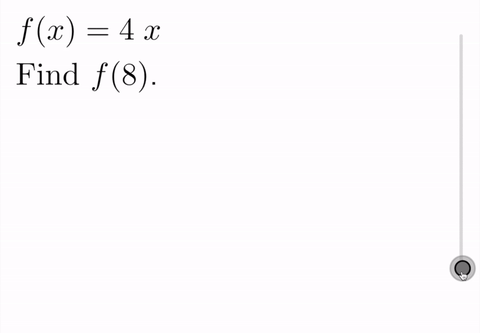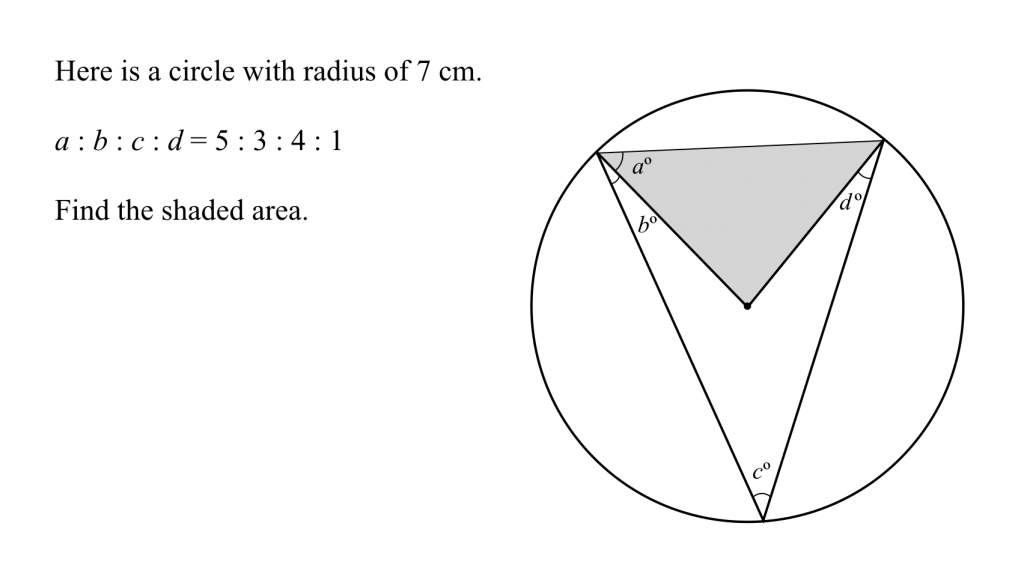
Enrichment sessions 12, 13, and 14
During the last month, we added slides and GeoGebra applets for Enrichment sessions 12, 13, and 14. Session 12 looks at relativity, from Galilean relativity to Einstein’s special relativity and (briefly) general relativity. Session 13, titled Beauty, looks at Fibonacci numbers and the golden ratio. Session 14 is about chaos, and looks at the double pendulum, the Lorenz system, and the implications for weather forecasting.This video shows the first of three thought experiments demonstrated via a GeoGebra applet that is part of Enrichment session 12 on relativity. Each of the experiments involves Alice, who is moving with respect to Bob, who is stationary (with respect to the earth). The applet allows you to view each experiment from each person’s perspective:

Sixth Form resources…
We have started work on Sixth Form resources, and while these aren’t currently available on the site, we will slowly start releasing them when ready. The first set of resources to be released will be on matrices. Here is a GeoGebra applet that we’ve created to help demonstrate and matrix multipltications. Applets like this will be accompanied by additional text-book style notes for teachers and students.

TopTopics, Random Question Generators, and Skills Drills worksheets
Questions on Functions have been added to TopTopics:

We have included quick-access sets of random question generators under the Teacher Resources for A7a and A7b.
We have also added skills drill worksheets for these topics.

Mixed-topic problem-solving
Last month, we started creating what we’re calling Shortcut problems, and linked to these from within the Teacher resources for the relevant topics. We have now grouped these in a separate mixed topic problem-solving page, which also includes a new set of mixed-topic resources: Mashup problems.
Shortcut problems can be solved with very little working if students have a good understanding of the relevant concepts. It is often possible to solve these without such an understanding, but students will find it far more laborious.
Our Mashup problems interweave different topics within a single question, and generally require a significant amount of written working. Here is an example of a Mashup problem, requiring knowledge of circle theorems, ratios, and trigonometry:
